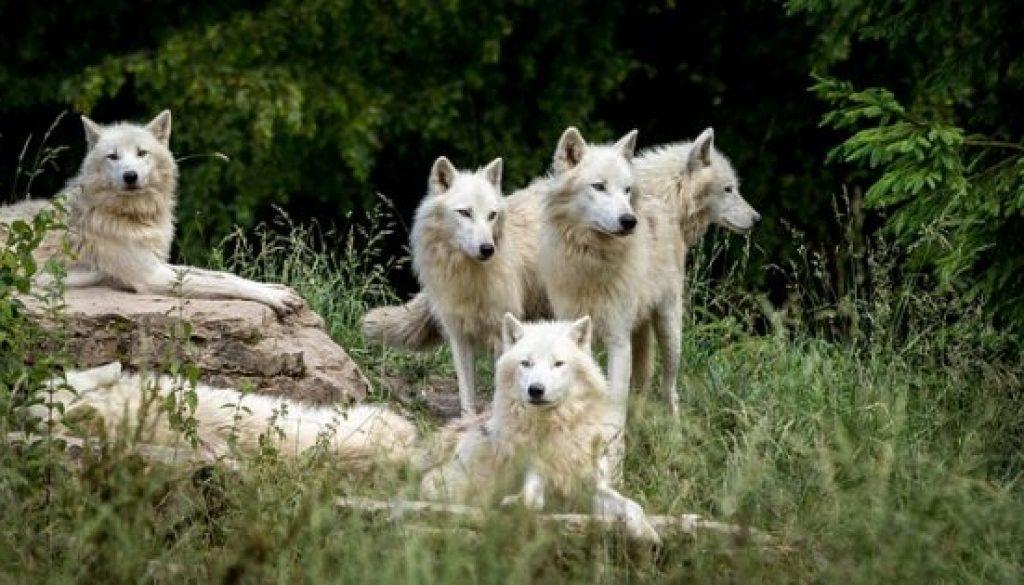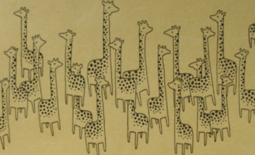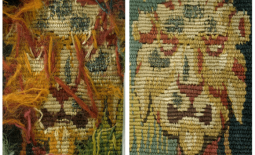Who Is In Your Pack?
One year back when I was in high school I took some money I received for my birthday and I “adopted a wolf” by supporting a non-profit wolf study called “The Sawtooth Pack”. The organization was called Living With Wolves and they were dedicated to worldwide education, outreach, and research promoting truth and understanding about wolves and encouraging people to peacefully coexistence and protect wolves.
I think it cost me $50 or $100 to sponsor the pack for a year, and in return I received monthly photos and updates about the pack as a whole, as well the wolf I’d chosen to “adopt” named Motomo. I’d always been interested in wolves and I had a lot of fun following the updates and learning about the social aspects of how a wofl and its members interact and work together.
Wolf packs are complex family units that live, hunt, and travel together, each with roles and responsibilities to the group. Wolves raise their young together, care for their sick and injured, and form bonds that last decades. The Pack communicates, collaborates, and shares knowledge across generations with older wolves teaching the younger ones things like the best spots for hunting.
When I think on the relationship of the wolf and it’s pack, I can’t help but connect it to we humans and the groups of people we choose to align and associate with on a regular basis — our own tribal “packs”.
We may form a social pack around a certain type of music or a specific band. We have packs of people who tailgate together during football season and watch every game together. The friends you get hang around with every week at Happy Hour are another kind of social pack.
Your pack may connect in a virtual way by sharing and liking posts in social media or participating in the same discussions groups on Linkedin. You may belong to national associations and network at tradeshows or industry conferences.
Wolf packs use howls as their primary means of communication within their group and between outside packs and lone wolves, and their voices are louder and the sound carries farther when they howl together and in harmony.
Wolves are long-distance endurance runners. The pack can travel and track prey for hours during the day and into the night, all while sticking together in the safety of the pack.
The pack has such strong social and familial bonds that they will literally die for each other, and individual wolves have been known to sacrifice themselves for the survival of the pack.
Who is in your Pack?
- Who are the trusted members of your close-knit group?
- Who has your back (and whose back do you have in return)?
- Who are the pack members you travel with?
- Who are the ones that help you go further faster?
Who are the people that you are willing to make personal sacrifices for (and who can you count on to do the same on your behalf)?



